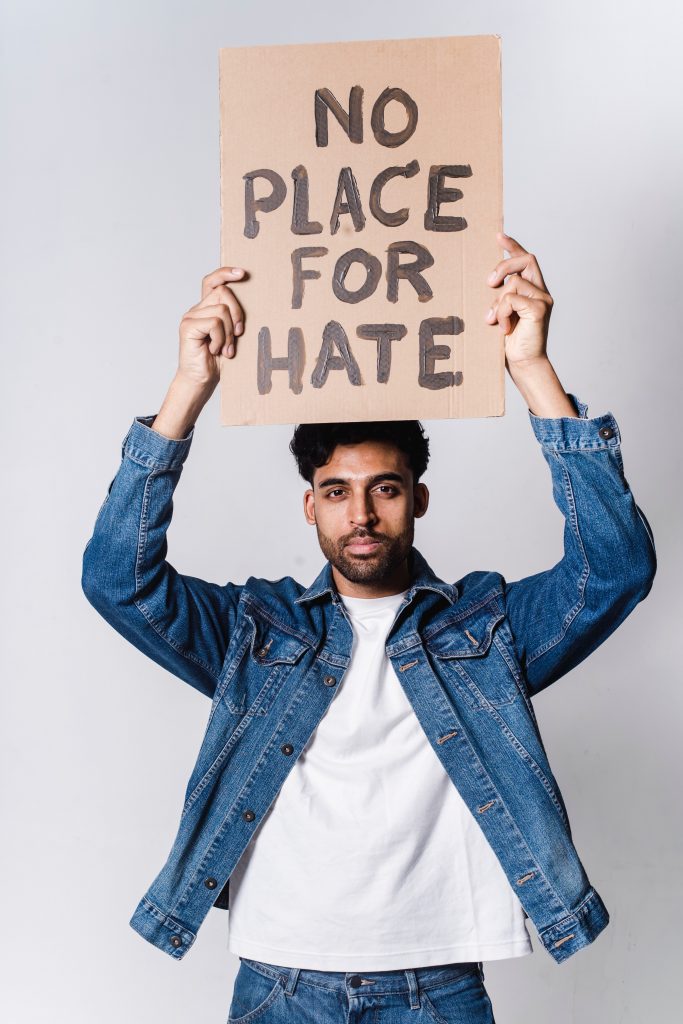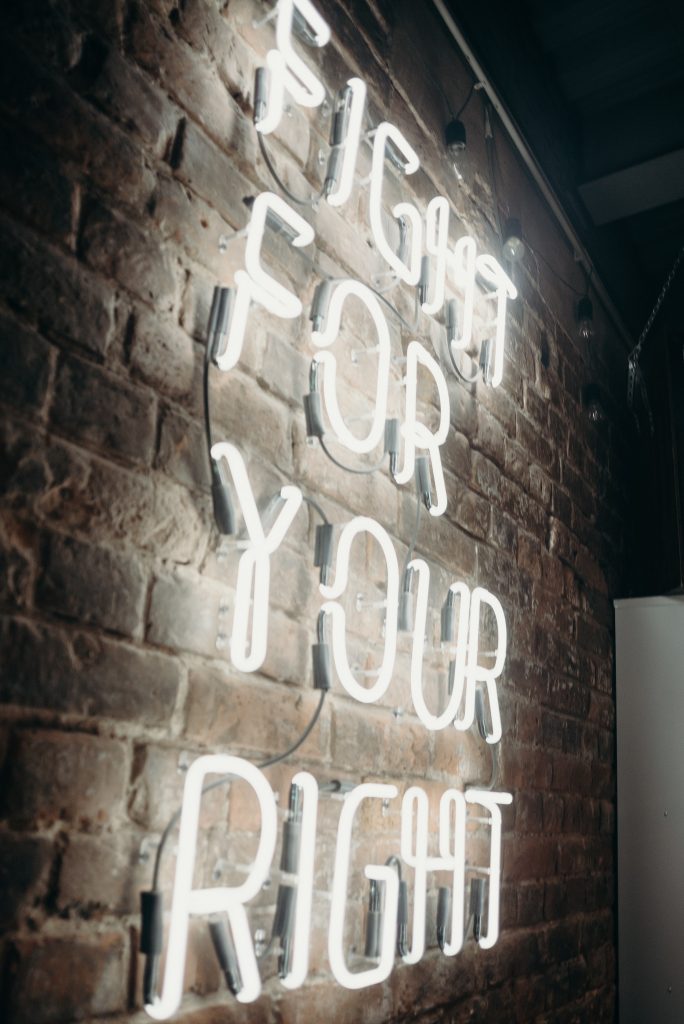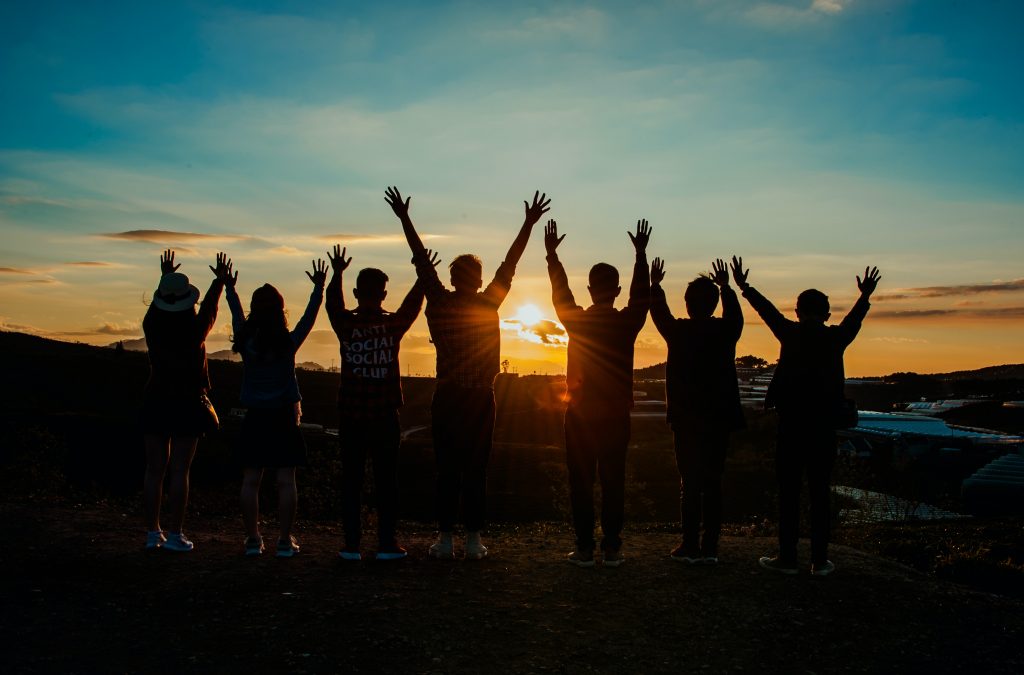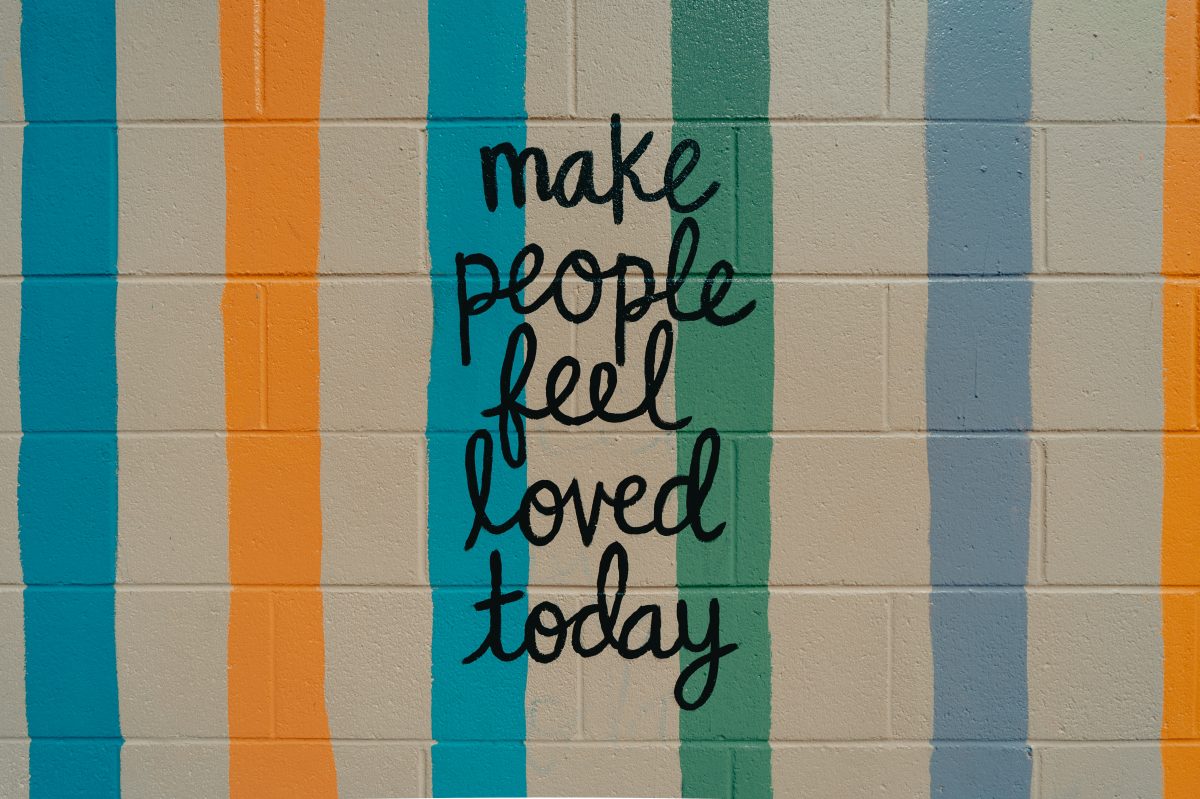According to the law of a state, human rights are moral principles or norms that describe certain standards of human behavior one is expected to assume in society, and these are granted by the state to ensure a certain degree of liberty and treatment one is entitled to as a human being.
Simply put, human rights are pivotal in recognizing an individual’s identity as a “Human”, hence, the prerequisite for their entitlement is being a “Human” first in all respects the word represents. These are universal, non-negotiable irrespective of a person’s race, religion, gender, color, nationality, birth or social status, linguistic and political preference.


The United Nations Organisations observes Human Rights Day on December 10. The Universal Declaration of Human Rights, a document available in five-hundred languages legally proclaimed these rights and was documented to protect their egalitarian feature internationally in 1948, United Nations General Assembly. Yet, they are not observed worldwide in the 21st century. This Day is celebrated with the motive to rebuild our changing perception of the concept of “Rights” and the obligation of any state towards its citizens in their fulfillment.
The United Nations advocates total thirty articles on major human rights. The five basic human rights include:
- Right to Equality
- Right to Education
- Right to Equality before the Law
- Right to Life, Liberty, Personal Security
- Freedom of Opinion and Information
The theme for this Day in 2020 is “Recover Better - Stand Up for Human Rights”. The goal is to foster more resilient societies after the current pandemic hit the world and ensure that human rights have not been subsided and equal opportunities for profession exist. We have seen many people being relieved from their job, not given proper pay, or being denied their salary, altogether.


It is important we retrospect the way things have been going on because we have all faced consequences of COVID-19, the magnitude may vary. The rates of domestic violence, unemployment, general dissatisfaction with life, deteriorating mental health, etc have soared. We can now, either wave off these concerns as consequences of prolonged isolation or address the cause of these problems and look for a long-term solution and catalyze the necessary process for change.
This day appeals to all of us not as followers of any religion or as citizens of a country but as a species, as human beings to see that not only ours but also the rights of all around us are protected. To spread the message the UN will host an audio-visual online event from Geneva which can be virtually streamed through YouTube. Other initiatives ask people to post a photo of themselves on their personal profiles on various social media platforms holding the placard- “Recover better - Stand Up for Human Rights” with the following hashtags: #StandUp4HumanRights, #RecoverBetter, #HumanRightsDay. You can also nominate three other individuals to take the challenge.


There are other events like essay competitions in Uganda, exhaustive campaigning in Cambodia, online concerts in Latin America, virtual events for the frontline heroes in the USA, etc- to celebrate this day. We can each participate by being more empathetic towards others and lend a helping hand whenever possible.






